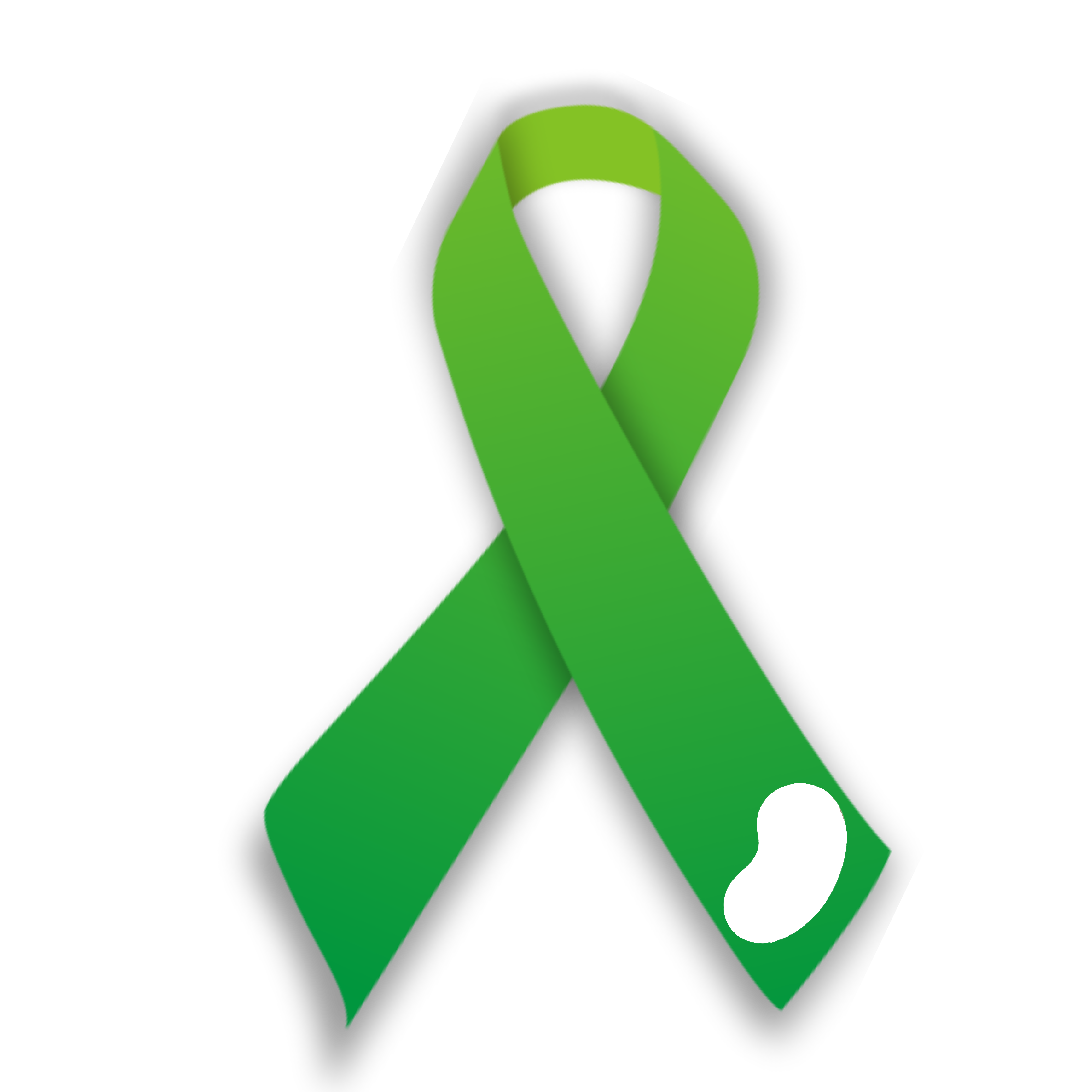What happens after I go home?
Once you are home from the hospital, the most important work begins—the follow-up. For your transplant to be successful, you will have regular checkups, especially during the first year. At first, you may need blood tests several times a week, then once a week, then less often. As time passes, if you are doing well, you’ll need fewer checkups, but enough to make sure that your kidney is working well and that you have the right amount of anti-rejection medication in your body.
What if my body tries to reject the new kidney?
One thing that you and your healthcare team will watch for is acute rejection, which means that your body is suddenly “attacking” or trying to reject the transplanted kidney. A rejection episode may not have any clear signs or symptoms. That is why it is so important to have regular blood tests to check how well your kidney is working. Even though rejection can happen without symptoms, let your healthcare team know if you notice you are having fevers, peeing less or less often, swelling, weight gain, or pain over your kidney.
The chances of having a rejection episode are highest right after your surgery. The longer you have the kidney, the lower the chance that this will happen. Unfortunately, sometimes a rejection episode happens even if you’re doing everything you’re supposed to do. Sometimes the body just doesn’t accept the transplanted kidney. But even if a rejection episode happens, there are many ways to treat it so you do not lose your transplant. Letting your transplant team know right away that you think you have symptoms of rejection is very important so they can treat it and help keep your transplanted kidney, and you, healthy.
How often does rejection happen?
Rejections happen much less often than they used to. That’s because there have been many improvements in immunosuppressive medicines. However, the risk of rejection is different for every person. For most people, rejection can be stopped with special anti-rejection medicines. It’s very important to have regular checkups and tests to see how well your kidney is working, and make sure you are not having rejection.
